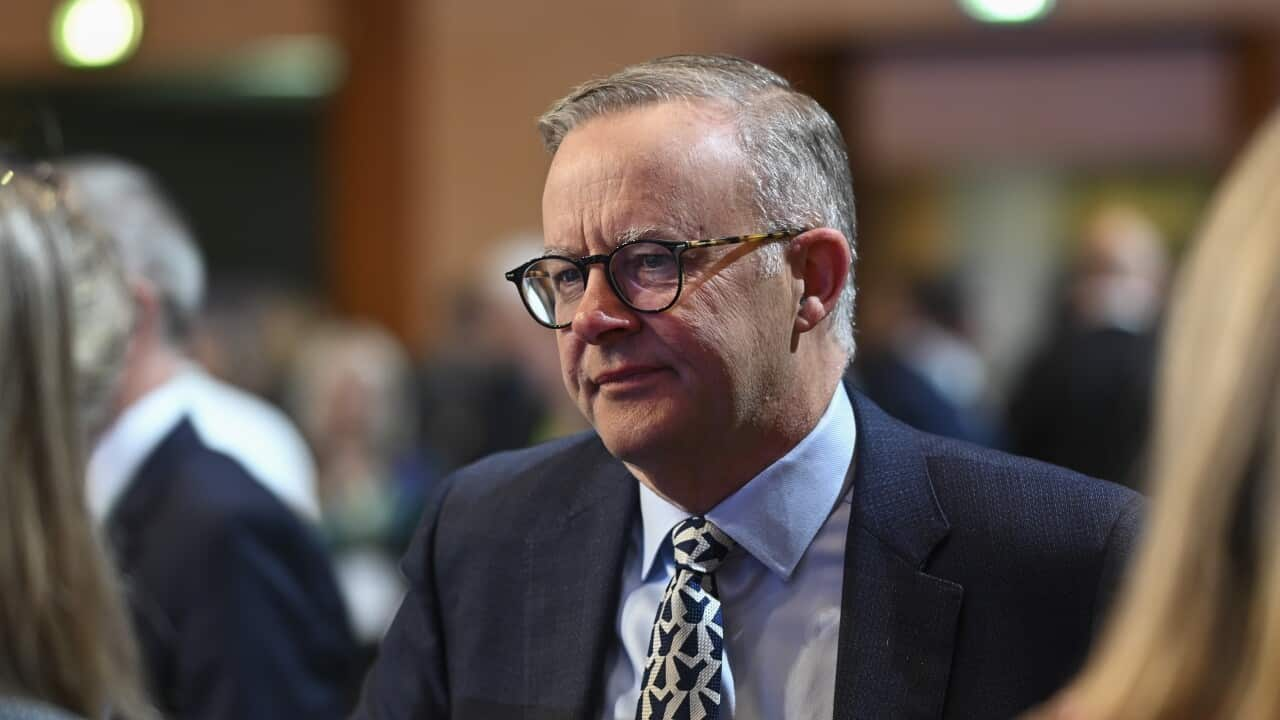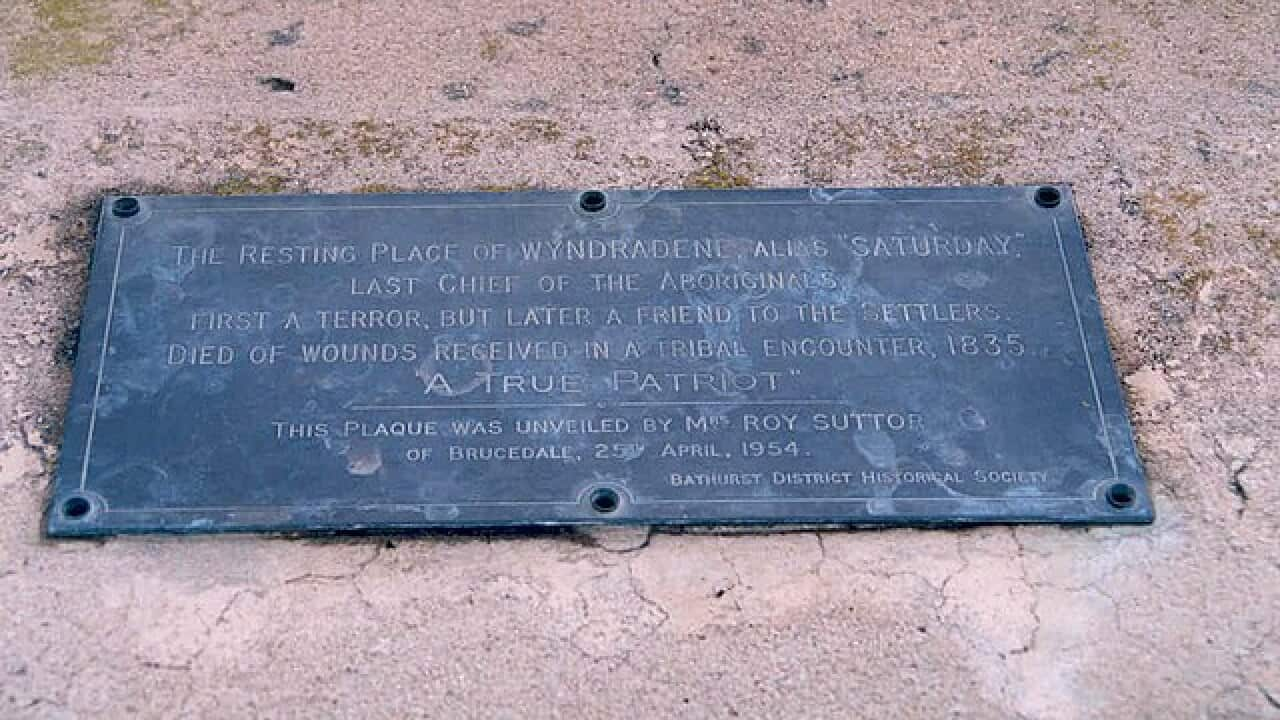WARNING: This article contains depictions of violence.
Prime Minister Anthony Albanese says Indigenous history should “absolutely” be included in the national curriculum.
Speaking on 4BC Breakfast Radio on Monday, Mr Albanese said part of learning about “our history is truth-telling as well”.
“The truth is that Indigenous people suffered a lot. Not all, but many did.
Massacres occurred. And we need to be truthful about that.
“Not as a way of being shamed, but just as being fair dinkum. It is the Australian way.”
When questioned if that truth-telling extends to becoming part of the national curriculum, he responded “absolutely”.
Mr Albanese also revealed he is waiting on consultation before setting a date for the .
“I want to make sure that the Voice to Parliament isn't my proposal, it's our proposal. It's Australia's proposal,” he said.
“We know how hard it is to get a referendum up. But it's a pretty simple proposition.
“The Constitution is our national birth certificate. And at the moment, it pretends that nothing happened until 1788.”
He said it should be a “source of pride” to "recognise that we have shared this continent with the oldest continuous civilisation on the planet”.
Linda Burney shares Wiradjuri history
The same day, Minister for Indigenous Australians Linda Burney spoke at the World Indigenous Peoples Congress on Education in Adelaide.
The former teacher and Wiradjuri woman spoke about the history of her people.
“The story of invasion and conquest for the Wiradjuri is a brutal one. The horrific poisoning of waterholes and flour began in Wiradjuri Country,” she said.
“Massacre sites are dotted all over my lands. The scars are evident for all of us to see.
In 1823, martial law was declared in Bathurst, in response to waging a “fierce war of resistance”.
“Four months later far too many Wiradjuri were dead by sanctioned murder,” she said.
“In 1842, during the second Wiradjuri wars, one horror saw all but one young boy slaughtered when settlers opened fire on a group taking shelter on an island amongst the reeds in the creek of the Murrumbidgee River.
“That creek is now known as Poisoned Waterhole Creek, and their sheltering place is called Murdering Island.”
Ms Burney also recounted her visit to that place.
“I remember driving over that bridge and that creek. I stopped the car, I got out and my blood ran cold. You see, I am of the Murrumbidya Wiradjuri,” she said.
“In Australia, this history is in our landscape and our hearts. And long after the massacres ended, its legacy has lived on in the marginalisation and oppression of our First People.
“We have come a long way in the journey towards reconciliation. But there is still a long way to go.”

Minister for Indigenous Australians Linda Burney speaking at WIPCE 2022. Source: Instagram / Linda Burney MP
'Out-of-step' referendum process
Ms Burney also addressed the upcoming referendum, saying it was an "important moment", and outlined the next steps on the road to referendum.
The first is assembling the Referendum Working Group and Engagement Group to provide advice and guidance on the key issues.
The second, continuing to build broad support, and three, harnessing the “goodwill of the Australian people who want the promise of a better future”.
She also said work needs to be done to modernise the referendum process.
“It’s been 23 years since Australia last held a referendum. 45 years since the last successful one,” she said.
"The Voice referendum will be the first held in the digital age," she said.
Ms Burney said the system for holding referendums set out in the Referendum Machinery Act 1984 is “out-of-step with the Electoral Act, which governs general elections”.
"Essentially, it’s outdated and needs to be refreshed. The Act does not contemplate the broad digital communications, so common in contemporary Australia — currently, it relies on voters being sent information in print form,” she said.
"These are issues government is looking at carefully."
Ms Burney asked those in attendance to "put your shoulder on the wheel of history and help us push".





